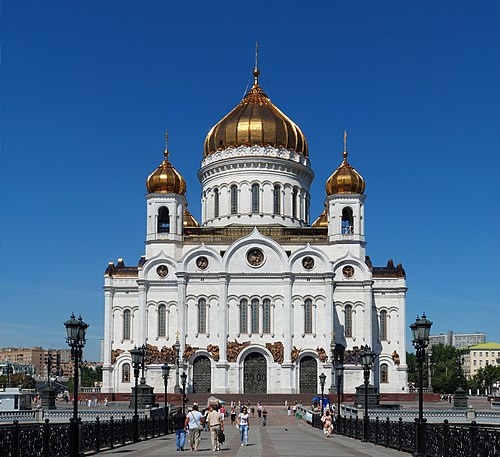Religionnoun
(uncountable) The belief in a reality beyond what is perceptible by the senses, and the practices associated with this belief.
Religionnoun
(countable) A particular system of such belief, and the rituals and practices proper to it.
Religionnoun
(uncountable) The way of life committed to by monks and nuns.
Religionnoun
(countable) Any practice to which someone or some group is seriously devoted.
Religionnoun
Faithfulness to a given principle; conscientiousness.
Religionverb
Engage in religious practice.
Religionverb
Indoctrinate into a specific religion.
Religionverb
To make sacred or symbolic; sanctify.
Religionnoun
The outward act or form by which men indicate their recognition of the existence of a god or of gods having power over their destiny, to whom obedience, service, and honor are due; the feeling or expression of human love, fear, or awe of some superhuman and overruling power, whether by profession of belief, by observance of rites and ceremonies, or by the conduct of life; a system of faith and worship; a manifestation of piety; as, ethical religions; monotheistic religions; natural religion; revealed religion; the religion of the Jews; the religion of idol worshipers.
Religionnoun
Specifically, conformity in faith and life to the precepts inculcated in the Bible, respecting the conduct of life and duty toward God and man; the Christian faith and practice.
Religionnoun
A monastic or religious order subject to a regulated mode of life; the religious state; as, to enter religion.
Religionnoun
Strictness of fidelity in conforming to any practice, as if it were an enjoined rule of conduct.
Religionnoun
a strong belief in a supernatural power or powers that control human destiny;
Religionnoun
institution to express belief in a divine power;
Religion
Religion is a social-cultural system of designated behaviors and practices, morals, beliefs, worldviews, texts, sanctified places, prophecies, ethics, or organizations, that relates humanity to supernatural, transcendental, and spiritual elements; however, there is no scholarly consensus over what precisely constitutes a religion.Different religions may or may not contain various elements ranging from the divine, sacred things, faith, a supernatural being or supernatural beings or . Religious practices may include rituals, sermons, commemoration or veneration (of deities and/or saints), sacrifices, festivals, feasts, trances, initiations, funerary services, matrimonial services, meditation, prayer, music, art, dance, public service, or other aspects of human culture.
Christianitynoun
The religion of Christians; the system of doctrines and precepts taught by Christ.
Christianitynoun
Practical conformity of one's inward and outward life to the spirit of the Christian religion
Christianitynoun
The body of Christian believers.
Christianitynoun
a monotheistic system of beliefs and practices based on the Old Testament and the teachings of Jesus as embodied in the New Testament and emphasizing the role of Jesus as savior
Christianitynoun
the collective body of Christians throughout the world and history (found predominantly in Europe and the Americas and Australia);
Christianity
Christianity is an Abrahamic monotheistic religion based on the life and teachings of Jesus of Nazareth. It is the world's largest religion, with about 2.4 billion followers.






















































